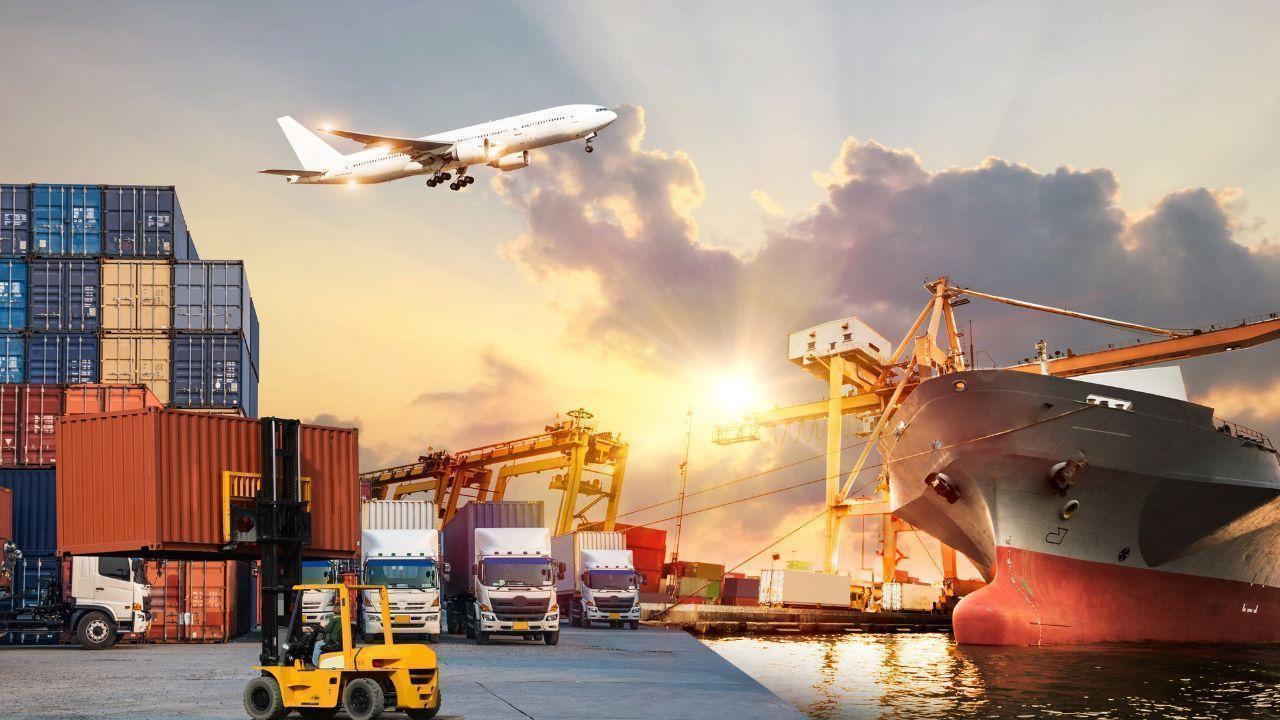
Post by : Meena Rani
In a major legal and economic development, the U.S. Supreme Court is preparing to review the legality of tariffs imposed during former President Donald Trump’s second term. These tariffs were introduced in April 2025 under the International Emergency Economic Powers Act (IEEPA). They were designed to protect American industries and address trade imbalances with countries like China, Mexico, and Canada.
The tariffs were part of a broader trade strategy aimed at safeguarding American businesses and jobs by making imported goods more expensive. This approach was intended to encourage consumers and companies to buy domestic products instead of cheaper foreign alternatives.
Controversy Over Presidential Powers
The Trump administration argued that these tariffs were essential for national security and to counteract unfair trade practices abroad. Critics, however, said that the president overstepped his authority by using emergency powers to impose tariffs without Congress’s approval.
Several state governments and business groups filed lawsuits, claiming that the tariffs violated constitutional principles. They argued that significant economic decisions like these require explicit approval from lawmakers, and bypassing Congress undermines the system of checks and balances that ensures no branch of government becomes too powerful.
Appeals Court Decision and Supreme Court Review
Earlier, a federal appeals court sided with the challengers, ruling that the tariffs exceeded presidential authority. This decision was a major setback for Trump-era trade policies and set the stage for a Supreme Court review.
The Supreme Court is expected to hear the case after a hearing scheduled in November. Legal experts suggest that the outcome could have far-reaching effects on the balance of power between the president and Congress, particularly in economic and trade matters.
Financial Implications of a Court Ruling
One of the biggest concerns is the financial impact. If the Supreme Court upholds the appeals court ruling, the U.S. government may be required to refund all tariffs collected since 2025. Estimates suggest that the refunds could total up to $1 trillion.
Such a large refund would put enormous pressure on the federal budget, potentially increasing government debt. Treasury officials have warned that this could affect federal spending on programs that rely on government revenue and could slow down economic growth.
Impact on Businesses and Trade
Businesses affected by these tariffs face significant uncertainty. Many companies had to adjust their prices, supply chains, and contracts to account for the new import duties. If refunds are granted, some companies may receive large financial windfalls. However, the government would face the logistical and financial challenge of returning vast sums of money that have already been collected.
Economists also warn that international trade could be affected. Countries impacted by the tariffs may respond with countermeasures or impose new trade barriers, which could further complicate global trade relationships.
Broader Implications for Presidential Authority
The Supreme Court’s decision will also have long-term implications for the powers of future presidents. If the court rules in favor of the challengers, it could restrict the ability of future presidents to use emergency powers to impose tariffs or other major economic actions without congressional approval.
This could reshape the way trade policies are created in the United States and force future administrations to work more closely with Congress on significant economic decisions. Legal experts view this case as a pivotal moment in defining the limits of executive power in the country.
Public and Political Reactions
Lawmakers and policymakers are closely monitoring the case. Many see it as a turning point in interpreting executive authority in U.S. law. Ordinary Americans and businesses are also paying attention, as the decision could directly impact prices, employment, and trade relations.
Supporters of the tariffs argue that they were crucial to protecting domestic industries and jobs. Critics maintain that bypassing Congress sets a dangerous precedent and undermines the constitutional system that balances power between the branches of government.
A Case with Long-Lasting Effects
The Supreme Court case over Trump-era tariffs is not just a legal matter. It is a significant decision about presidential power, Congress’s role in trade policy, and the financial consequences for the U.S. government.
If the court rules against the administration, it could lead to refunds of up to $1 trillion, reshape U.S. trade policies, and limit future presidents from using emergency powers for major economic decisions. The outcome will have lasting effects on the American economy, businesses, and international trade relationships.
Trump tariffs, Supreme Court, presidential authority, trade policy










Advances in Aerospace Technology and Commercial Aviation Recovery
Insights into breakthrough aerospace technologies and commercial aviation’s recovery amid 2025 chall

Defense Modernization and Strategic Spending Trends
Explore key trends in global defense modernization and strategic military spending shaping 2025 secu

Tens of Thousands Protest in Serbia on Anniversary of Deadly Roof Collapse
Tens of thousands in Novi Sad mark a year since a deadly station roof collapse that killed 16, prote

Canada PM Carney Apologizes to Trump Over Controversial Reagan Anti-Tariff Ad
Canadian PM Mark Carney apologized to President Trump over an Ontario anti-tariff ad quoting Reagan,

The ad that stirred a hornets nest, and made Canadian PM Carney say sorry to Trump
Canadian PM Mark Carney apologizes to US President Trump after a tariff-related ad causes diplomatic

Bengaluru-Mumbai Superfast Train Approved After 30-Year Wait
Railways approves new superfast train connecting Bengaluru and Mumbai, ending a 30-year demand, easi